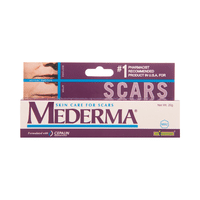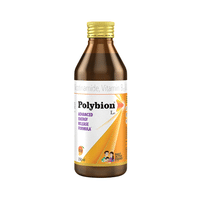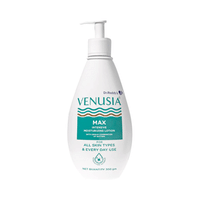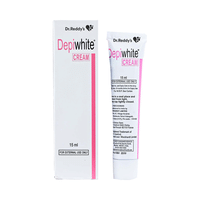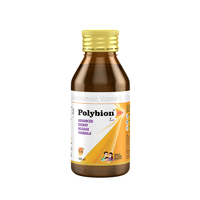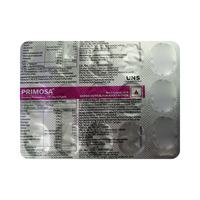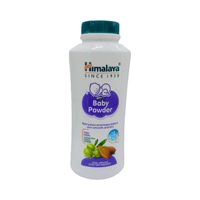Rs.25.80for 1 tube(s) (15 gm Cream each)
Rivizole Cream साठी कृती अन्न
Rivizole Cream साठी कृती दारू
Rivizole Cream साठी कृती गर्भधारणा
Rivizole Cream साठी कृती स्तनपान
Rivizole Cream साठी कृती मेडिसिन
अन्न
दारू
गर्भधारणा
स्तनपान
मेडिसिन
No interaction found/established
No interaction found/established
Rivizole Cream गर्भारपणात असुरक्षित असू शकते.
प्राण्यांवरील अभ्यास भ्रूणावर घातक परिणाम दर्शवतात, परंतू मानवी अभ्यास मर्यादित आहेत. गर्भार स्त्रियांमध्ये वापरण्याचे लाभ जोखीम असून देखील ग्राह्य आहेत. कृपया तुमच्या डॉक्टरांचा सल्ला घ्या.
प्राण्यांवरील अभ्यास भ्रूणावर घातक परिणाम दर्शवतात, परंतू मानवी अभ्यास मर्यादित आहेत. गर्भार स्त्रियांमध्ये वापरण्याचे लाभ जोखीम असून देखील ग्राह्य आहेत. कृपया तुमच्या डॉक्टरांचा सल्ला घ्या.
CONSULT YOUR DOCTOR
स्तनपान करवण्याच्या दरम्यान Rivizole Cream सुरक्षित आहे.
मानवीय अभ्यासांतून दिसून आलं आहे की एकतर हे औषध लक्षणीय प्रमाणात स्तनातील दूधात शिरत नाही किंवा त्यामुळे बाळाला विषबाधा होणे अपेक्षित नाही.
SAFE IF PRESCRIBED
No interaction found/established
Rivizole 2% w/w Cream साठी क्षार माहिती
Miconazole(2% w/w)
Rivizole cream वापरते
Rivizole Cream ला बुरशीजन्य संक्रमणच्या उपचारात वापरले जाते.
Rivizole cream चे सामान्य दुष्प्रभाव
अन्न खावेसे न वाटणे, उलटी, तोंडाला कोरडेपणा, चवीमध्ये बदल, चवीची संवेदना हरपणे
Rivizole Cream साठी विकल्प
42 विकल्प
42 विकल्प
Sorted By
 Rs. 29.04save 9% more per gm of Cream
Rs. 29.04save 9% more per gm of Cream Rs. 132pay 156% more per gm of Cream
Rs. 132pay 156% more per gm of Cream Rs. 67pay 152% more per gm of Cream
Rs. 67pay 152% more per gm of Cream Rs. 50pay 76% more per gm of Cream
Rs. 50pay 76% more per gm of Cream Rs. 34.65pay 63% more per gm of Cream
Rs. 34.65pay 63% more per gm of Cream
Rivizole 2% w/w Creamसाठी नेहमी विचारले जाणारे प्रश्न
Miconazole
Q. Do you need a prescription for Rivizole Cream?
Yes, you can use Rivizole Cream only as a prescription medicine. This means that you can use this medicine only if your doctor prescribes it to you. You should seek the advice of your doctor regarding the type of skin infection you have and the duration of treatment that is required.
Q. Are clotrimazole and Rivizole Cream the same?
No, clotrimazole and Rivizole Cream are not the same, but the uses of both are almost similar. Both clotrimazole and Rivizole Cream belong to the imidazole class of antifungals.
Q. Does Rivizole Cream itch or burn?
Rivizole Cream may cause itching and burning on the application site. These side effects are uncommon and occur in very few people. Consult your doctor if burning or itching persists.













